- myFICO® Forums
- Types of Credit
- Credit Cards
- How Much Is Your Strategy Worth?
- Subscribe to RSS Feed
- Mark Topic as New
- Mark Topic as Read
- Float this Topic for Current User
- Bookmark
- Subscribe
- Mute
- Printer Friendly Page
How Much Is Your Strategy Worth?
Is your credit card giving you the perks you want?
Browse credit cards from a variety of issuers to see if there's a better card for you.
- Mark as New
- Bookmark
- Subscribe
- Mute
- Subscribe to RSS Feed
- Permalink
- Report Inappropriate Content
Re: How Much Is Your Strategy Worth?
@ptatohed wrote:
@redpat wrote:Well for those that have business spend it is better to gather points/miles than CB, points/miles are not taxable.
Worth, none....Free travel, yes, since about 80% of the points come from business spend.
As for time spent, very little only using two cards.
Just to be clear, cash back does not get taxed either.
You are incorrect.
For Businesses it is, it's a refund of a deduction that you are taking. An example, I purchase office supplies at staples for $1,000 and I get 5% cashback of $50, I can take a deduction of $1,000 for office supplies but I have to pick-up the $50 that I get back as other income so the net is a deduction of $950. That $50 goes back into your business checking account.
If you using personal cash back cards for business purposes then that's your problem what you do with the cash back.
- Mark as New
- Bookmark
- Subscribe
- Mute
- Subscribe to RSS Feed
- Permalink
- Report Inappropriate Content
Re: How Much Is Your Strategy Worth?
@okurosetta wrote:
@Kforce wrote:Second point is many add up all rewards (Gross Rewards $)
but never subtract value of time managing each card (Net $)
Real value of card's <> gross rewards.
I'm with @ptatohed here - juggling cards is a fun hobby to me. If I am enjoying it, why would I subtract value?
I like managing my spreadsheet. I like pre-planning payments, tracking things like inquiries, CLIs, and AAoA, calculating points return based on the best paid rate available for the time/area, etc etc. My credit score tab currently has 437 historical scores. My spreadsheet has 24 tabs that I use at least somewhat regularly.
Simply put, this is a hobby that I enjoy. If I stop enjoying it, I could see the logic of subtracting value due to time management, but I'd just close/stop using cards at that point.
Same for me here... my spreadsheet has 23 tabs and over 1900 rows of historical credit scores.
FICO8:




FICO9:

VantageScore3:



Inquiries (n/12, n/24):



AAoA: 11 yrs | AoORA: 37 yrs | AoYRA: less than 1 yr | New Accounts: 1/6, 2/12, 3/24 | Util: 1% | DTI: 1%











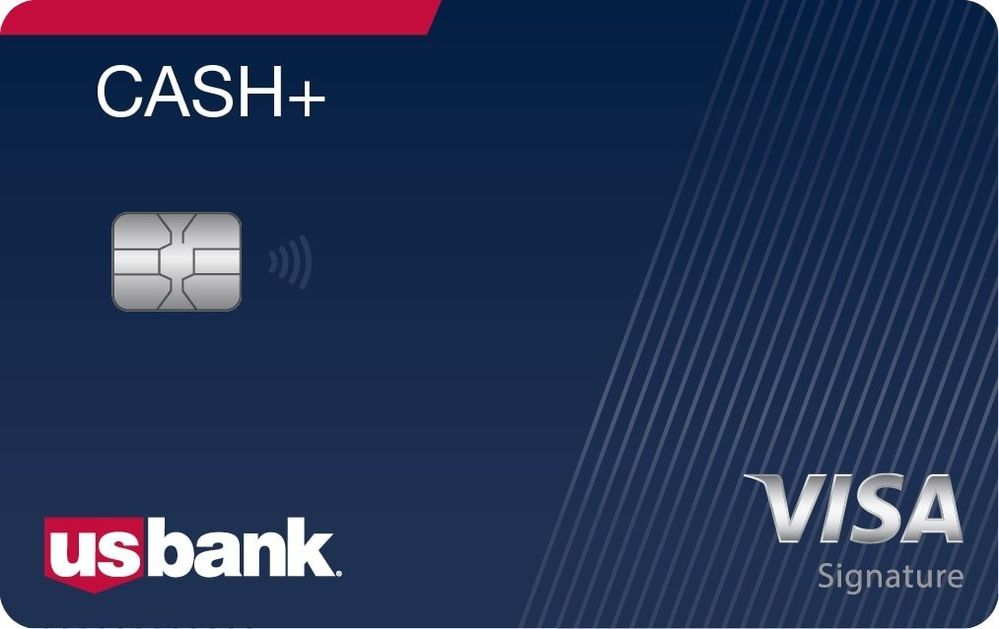

- Mark as New
- Bookmark
- Subscribe
- Mute
- Subscribe to RSS Feed
- Permalink
- Report Inappropriate Content
Re: How Much Is Your Strategy Worth?
@redpat wrote:
@ptatohed wrote:
@redpat wrote:Well for those that have business spend it is better to gather points/miles than CB, points/miles are not taxable.
Worth, none....Free travel, yes, since about 80% of the points come from business spend.
As for time spent, very little only using two cards.
Just to be clear, cash back does not get taxed either.
You are incorrect.
For Businesses it is, it's a refund of a deduction that you are taking. An example, I purchase office supplies at staples for $1,000 and I get 5% cashback of $50, I can take a deduction of $1,000 for office supplies but I have to pick-up the $50 that I get back as other income so the net is a deduction of $950. That $50 goes back into your business checking account.
If you using personal cash back cards for business purposes then that's your problem what you do with the cash back.
That also depends on how cashback is applied. If you use it for a business expense, then it lowers your net deduction. But, if you use your cashback for a non-deductible expense, then there's nothing to tax either.
- Mark as New
- Bookmark
- Subscribe
- Mute
- Subscribe to RSS Feed
- Permalink
- Report Inappropriate Content
Re: How Much Is Your Strategy Worth?
@NoHardLimits wrote:
@okurosetta wrote:
.
Simply put, this is a hobby that I enjoy. If I stop enjoying it, I could see the logic of subtracting value due to time management, but I'd just close/stop using cards at that point.
Same for me here... my spreadsheet has 23 tabs and over 1900 rows of historical credit scores.
And so, your Honour, I respectfully submit that this, and the fact that the culprit openly admits he enjoys it, clearly shows that he is a danger to himself and to others and should be committed to an institution where he can receive the help he so obviously needs.
- Mark as New
- Bookmark
- Subscribe
- Mute
- Subscribe to RSS Feed
- Permalink
- Report Inappropriate Content
Re: How Much Is Your Strategy Worth?
@imaximous wrote:
@redpat wrote:
@ptatohed wrote:
@redpat wrote:Well for those that have business spend it is better to gather points/miles than CB, points/miles are not taxable.
Worth, none....Free travel, yes, since about 80% of the points come from business spend.
As for time spent, very little only using two cards.
Just to be clear, cash back does not get taxed either.
You are incorrect.
For Businesses it is, it's a refund of a deduction that you are taking. An example, I purchase office supplies at staples for $1,000 and I get 5% cashback of $50, I can take a deduction of $1,000 for office supplies but I have to pick-up the $50 that I get back as other income so the net is a deduction of $950. That $50 goes back into your business checking account.
If you using personal cash back cards for business purposes then that's your problem what you do with the cash back.
That also depends on how cashback is applied. If you use it for a business expense, then it lowers your net deduction. But, if you use your cashback for a non-deductible expense, then there's nothing to tax either.
Again incorrect. Meals are only 50% deductible so if you spend $1,000 on meals only $500 are deductible and $500 non-deductible you still have to net the whole $50 against the $500 not $25.
Lol! Please consult your tax advisor.....
- Mark as New
- Bookmark
- Subscribe
- Mute
- Subscribe to RSS Feed
- Permalink
- Report Inappropriate Content
Re: How Much Is Your Strategy Worth?
@okurosetta wrote:
@Vash1 wrote:Most here have either a cashback or travel rewards strategy. Whats the value of your strategy worth each month to you (or quarter or year) relative to your spend? Also explain your strategy (rotating categories, how many cards used to achieve it, etc)
I have a mixed strategy. I started with no AF cashback cards and still have a solid cashback core that I could revert back to, should I no longer enjoy reward points. I also frequently use 5% cashback cards in cases where I would not earn better through points cards - Amazon, Target, entertainment, recreation, internet/streaming, and utilities, plus rotating categories when appropriate.
P2 and I travel a decent amount, staying elsewhere for 56 nights in 2023. The vast majority of our trips are 1-2 nights. We live in the northeast and frequently travel to NYC, Boston, Montreal, or elsewhere in the region for shows. Combining lots of trips that are short and often in major cities, our personal experience has been that hotel points/certificates are valuable, for us.
I have shifted my focus to earning Citi TYP via spend, as we have seen particularly good value from transferring Citi TYP to Choice Privileges thanks to its 1:2 transfer ratio if one holds Citi Premier. I hold 2x Custom Cash which I spend close to the $500 cap on each month, being able to move charges that go over if I misjudge since I use Curve. I have both Custom Cash set for a payment date on the 27th, making their spending caps reset on the 2nd-4th of each month. I start using Bilt for dining once I am over the Custom Cash caps, already hitting 5 transactions before Rent Day this cycle.
This is just scratching the surface for my strategy, and it would be a wall of text to calculate my overall return, especially because we hit many sign-up bonuses each year, currently working on one each between P2 and me. But to make a point without rambling much longer, you will figure out a strategy over time, and it will change over time. It took time for me to try out different points systems before finding one that works well for us, plus it took time to acquire the cards to efficiently earn those specific points.
My credit card strategy has changed drastically since spouse and I both fully retired in 2022.
In past decades, there was a lot of reimbursed business travel. Card strategy involved mostly airline co-branded cards to accumulate award miles and to access airline specific airport lounges (lounge attendants were extremely helpful when dealing with delayed and cancelled flights). About 10 years ago, most business travel expenses shifted from reimbursable to directly billed to an Amex Corporate card. At that point, I switched my credit card strategy to bank points (MR, TYP, UR) plus a Starwood Amex. Post retirement, I have mainly transitioned to a cashback strategy, though I still maintain a large cache of previously earned points and miles.
Currently, my card portfolio is predicted to return 3.8% in cash equivalents after accounting for annual fees and spending thresholds. If I leave off the Amex Platinum's annual fee and coupon book credits, my return is 3.19%.
My most used cards are:
Amex "old" Blue Cash (I am an AU on this account) for 5% grocery, gas, drugstores
4 quarterly 5% revolvers (Chase Freedom Flex, Citi Dividend, Discover It, US Bank Cash+)
US Bank Shopper Cash rewards for 6% Walmart
US Bank Altitude Reserve for 3x (4.5%) travel and mobile wallet
Capital One SavorOne for 3% entertainment and dining (when not a 5% rotating category)
Citi Double Cash for 2% catch all
Amex Platinum for travel perks and coupon book credits (netted almost $400 last year)
FICO8:




FICO9:

VantageScore3:



Inquiries (n/12, n/24):



AAoA: 11 yrs | AoORA: 37 yrs | AoYRA: less than 1 yr | New Accounts: 1/6, 2/12, 3/24 | Util: 1% | DTI: 1%













- Mark as New
- Bookmark
- Subscribe
- Mute
- Subscribe to RSS Feed
- Permalink
- Report Inappropriate Content
Re: How Much Is Your Strategy Worth?
@Anonymous wrote:
@NoHardLimits wrote:
@okurosetta wrote:
.
Simply put, this is a hobby that I enjoy. If I stop enjoying it, I could see the logic of subtracting value due to time management, but I'd just close/stop using cards at that point.
Same for me here... my spreadsheet has 23 tabs and over 1900 rows of historical credit scores.
And so, your Honour, I respectfully submit that this, and the fact that the culprit openly admits he enjoys it, clearly shows that he is a danger to himself and to others and should be committed to an institution where he can receive the help he so obviously needs.
I will teach credit card strategy to all the other inmates/patients.
FICO8:




FICO9:

VantageScore3:



Inquiries (n/12, n/24):



AAoA: 11 yrs | AoORA: 37 yrs | AoYRA: less than 1 yr | New Accounts: 1/6, 2/12, 3/24 | Util: 1% | DTI: 1%













- Mark as New
- Bookmark
- Subscribe
- Mute
- Subscribe to RSS Feed
- Permalink
- Report Inappropriate Content
Re: How Much Is Your Strategy Worth?
@Anonymous wrote:
@NoHardLimits wrote:
@okurosetta wrote:
.
Simply put, this is a hobby that I enjoy. If I stop enjoying it, I could see the logic of subtracting value due to time management, but I'd just close/stop using cards at that point.
Same for me here... my spreadsheet has 23 tabs and over 1900 rows of historical credit scores.
And so, your Honour, I respectfully submit that this, and the fact that the culprit openly admits he enjoys it, clearly shows that he is a danger to himself and to others and should be committed to an institution where he can receive the help he so obviously needs.
I never claimed to be sane.
5% CB rotating:
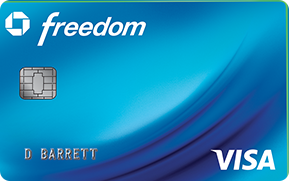

 ;
;Everyday 3% CB:
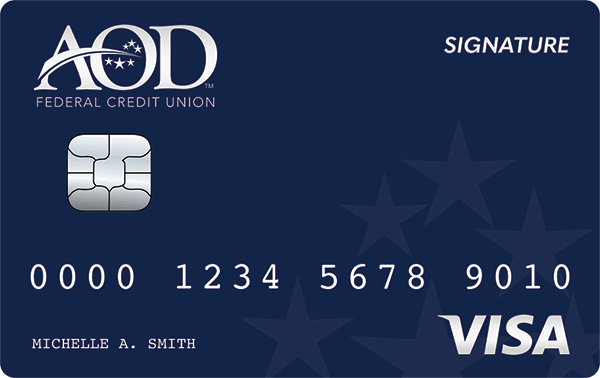 ;
;Everyday 5%:

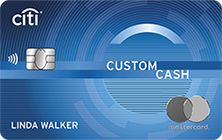


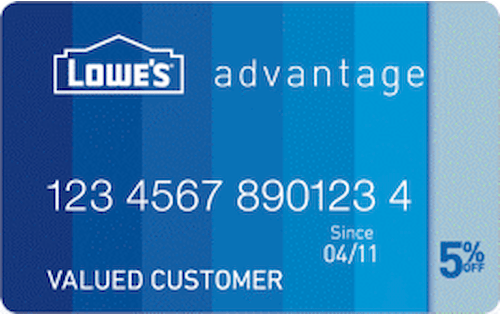

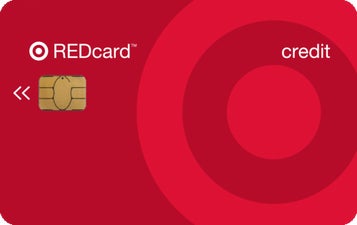 ;
;Companion Card:
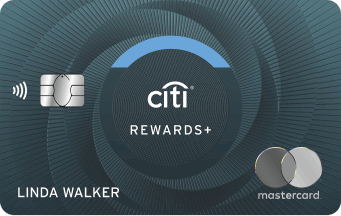 ;
;Everyday 2.2% CB:
 ;
;Retired to sock drawer after AOD (kept alive w/ 1 purchase every 6 mo):
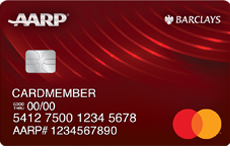
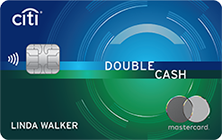
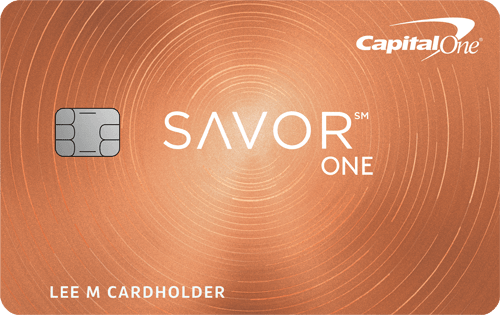 ;
;On my radar:
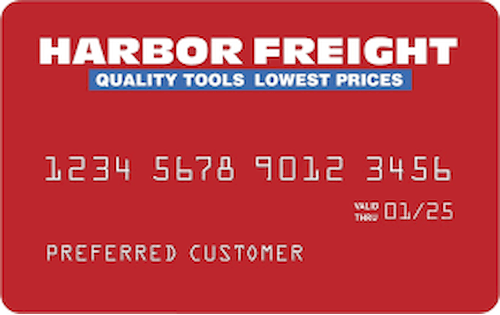
 ;
;Still Waiting for an Invite:
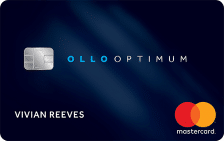 ;
;No hope:
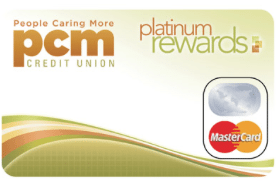
- Mark as New
- Bookmark
- Subscribe
- Mute
- Subscribe to RSS Feed
- Permalink
- Report Inappropriate Content
Re: How Much Is Your Strategy Worth?
@redpat wrote:
@imaximous wrote:
@redpat wrote:
@ptatohed wrote:
@redpat wrote:Well for those that have business spend it is better to gather points/miles than CB, points/miles are not taxable.
Worth, none....Free travel, yes, since about 80% of the points come from business spend.
As for time spent, very little only using two cards.
Just to be clear, cash back does not get taxed either.
You are incorrect.
For Businesses it is, it's a refund of a deduction that you are taking. An example, I purchase office supplies at staples for $1,000 and I get 5% cashback of $50, I can take a deduction of $1,000 for office supplies but I have to pick-up the $50 that I get back as other income so the net is a deduction of $950. That $50 goes back into your business checking account.
If you using personal cash back cards for business purposes then that's your problem what you do with the cash back.
That also depends on how cashback is applied. If you use it for a business expense, then it lowers your net deduction. But, if you use your cashback for a non-deductible expense, then there's nothing to tax either.
Again incorrect. Meals are only 50% deductible so if you spend $1,000 on meals only $500 are deductible and $500 non-deductible you still have to net the whole $50 against the $500 not $25.
Lol! Please consult your tax advisor.....
rp, I don't know anything about business and I don't want to get too far off topic but, just curious, do you receive a 1099 for cash back earned using a business credit card?
5% CB rotating:


 ;
;Everyday 3% CB:
 ;
;Everyday 5%:






 ;
;Companion Card:
 ;
;Everyday 2.2% CB:
 ;
;Retired to sock drawer after AOD (kept alive w/ 1 purchase every 6 mo):


 ;
;On my radar:

 ;
;Still Waiting for an Invite:
 ;
;No hope:

- Mark as New
- Bookmark
- Subscribe
- Mute
- Subscribe to RSS Feed
- Permalink
- Report Inappropriate Content
Re: How Much Is Your Strategy Worth?
@okurosetta wrote:
@Kforce wrote:Second point is many add up all rewards (Gross Rewards $)
but never subtract value of time managing each card (Net $)
Real value of card's <> gross rewards.
I'm with @ptatohed here - juggling cards is a fun hobby to me. If I am enjoying it, why would I subtract value?
I like managing my spreadsheet. I like pre-planning payments, tracking things like inquiries, CLIs, and AAoA, calculating points return based on the best paid rate available for the time/area, etc etc. My credit score tab currently has 437 historical scores. My spreadsheet has 24 tabs that I use at least somewhat regularly.
Simply put, this is a hobby that I enjoy. If I stop enjoying it, I could see the logic of subtracting value due to time management, but I'd just close/stop using cards at that point.
I'm with you on the spreadsheet and pre-planning and tracking. It really makes it fun. I was already doing that with all my other financial data so it was easy starting one with credit card rewards.
Fico 8: TU 780, EX 809, EQ 781
Current as of 5/2024